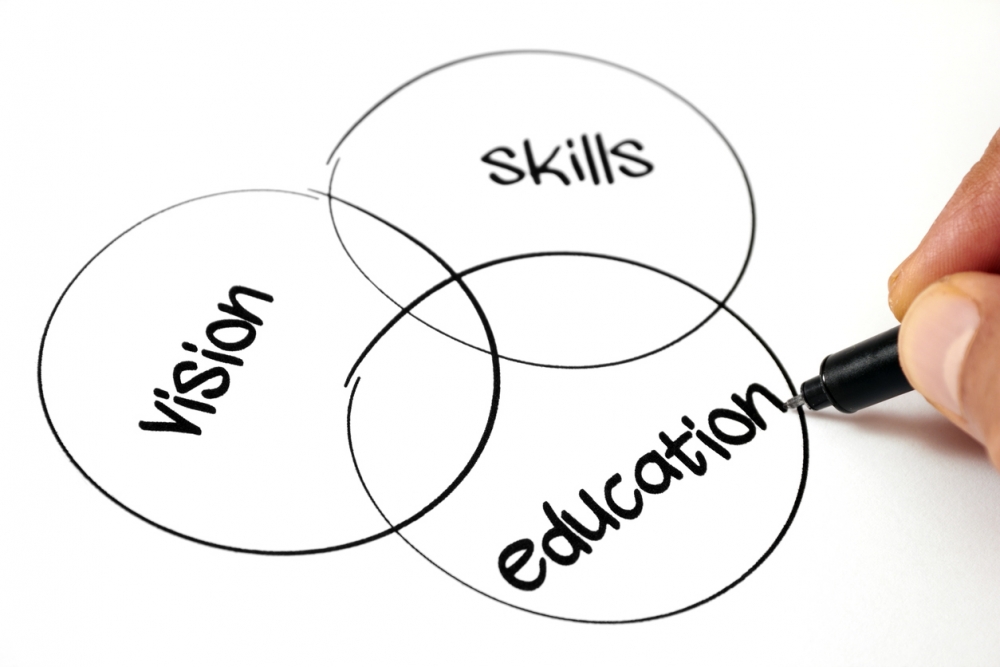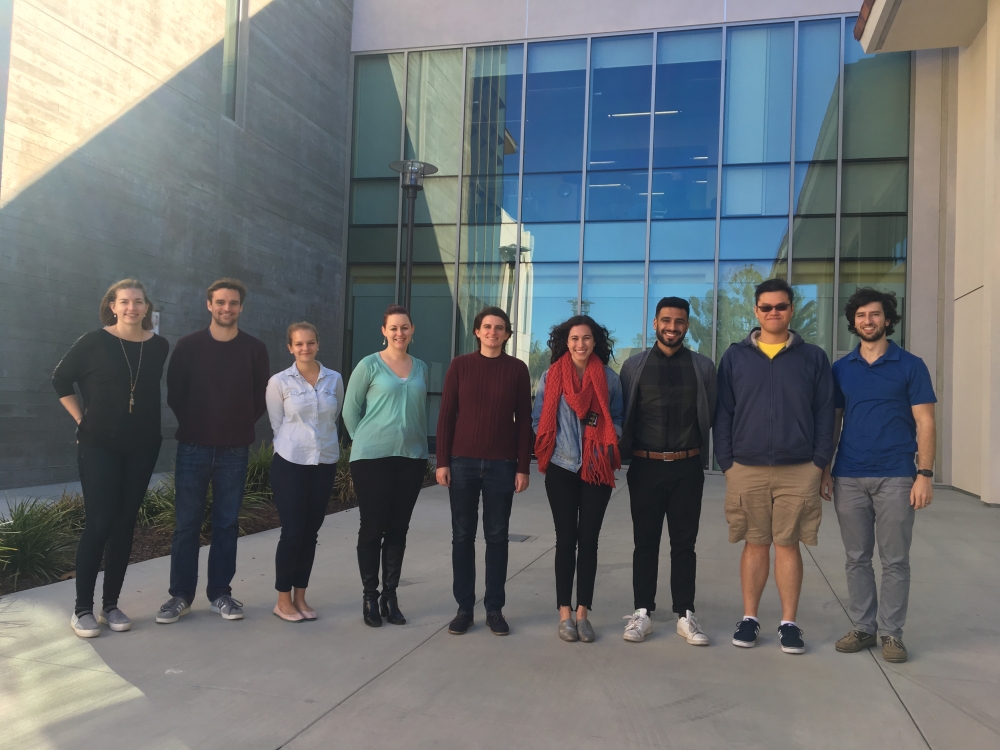Beyond Academia
You’ve put in the work and carved out the time. You’ve spent countless hours studying, researching, eating, breathing, living your field of study — for years — to earn an advanced degree. Yet none of that effort necessarily prepares you for the Wild West that can be the job market outside academia.
“The prototypical career track for a Ph.D. is an academic position as a faculty member at a university,” said Carol Genetti, dean of the graduate division at UC Santa Barbara. “However, at this point the number of academic jobs available is not keeping pace with the number of doctorates produced and there has been growth nationally in newly minted Ph.D.s moving into jobs in industry, government and nonprofits.” New Ph.D.s need to be able to translate their valuable skills beyond the structured confines of a university, but their faculty mentors often don’t have experience with non-academic career opportunities, according to Genetti.
Fortunately, for UCSB graduate and post-doctoral students, there’s “Beyond Academia,” a student-organized conference meant to provide that extra advantage as they embark on the next stage of their careers. The two-day event takes place March 2–3 at UCSB’s University Center and the Corwin Pavilion.
“The annual Beyond Academia conference has become one of the graduate division’s signature events,” Genetti said. “It has helped to move the campus to a broader recognition of the wide range of career opportunities that exist for graduate students and how to explore them.” It has also been an opportunity for alumni to connect with current students and share their experiences, she added.
The 2018 conference kicks off at noon on Friday, March 2, with several talks on the basics of the job hunt. A LinkedIn headshot photo booth will be available throughout the event for those interested in sprucing up their online profiles.
Later, two simultaneous workshops — one for science, technology, engineering and mathematics students, and another for social sciences, humanities, education and fine arts students — will dive into those all-important transferable skills.
“This year the organizing committee worked to ensure that presenters represent diverse demographics in addition to diverse careers,” Genetti said.
Day two begins with a keynote address by scientist, entrepreneur and author Peter Fiske in his lecture, “Put your Ph.D. to WORK!” Fiske will discuss his experiences navigating the post-grad school career path, searching for jobs and opportunities that played to his strengths and interests, and provide takeaway insights for conference participants contemplating their own next moves.
Switching gears around noontime, attendees will see a series of panel discussions addressing various aspects around which grad students and postdocs can build their careers, such as entrepreneurship, public policy, consulting and education.
“I think the panels really help graduate students with the feelings of isolation and being ‘lost,’ ” said grad student and conference organizer Brandon Isaac. Hearing from those who have taken the leap into the professional world, he added, offers perspective and encourages participants to define for themselves what it is to be successful in their respective fields.
“The style of the conference, with both workshops and Q&A panels, also teaches attendees how to think about their graduate school experience in a different way and gives them a chance to ask questions about how different opportunities might shape their future,” Isaac said.
And, it’s important to approach the job search with confidence and openness to opportunities that the conference encourages — qualities that will enhance one’s chances of finding meaningful work.
“Even though my preference is to be in a classroom teaching, after attending numerous events and talks including Beyond Academia, I realized that I could and would be fulfilled in any number of cultural institution, nonprofit or education-related careers that are not necessarily within the ivory towers of academia,” said conference organizer and postdoctoral candidate Ali Rahman. Skills honed in the pursuit of an advanced degree — such as critical thinking, communication and collaboration — are just as valuable outside of the university.
“I think the workshops are really affirming, in that they show us how we have been cultivating so many different skills over our lives that just need to be translated and communicated into the proper parlance for a resume catering to a specific job,” he said.
For more information, visit the UCSB Beyond Academia website.





